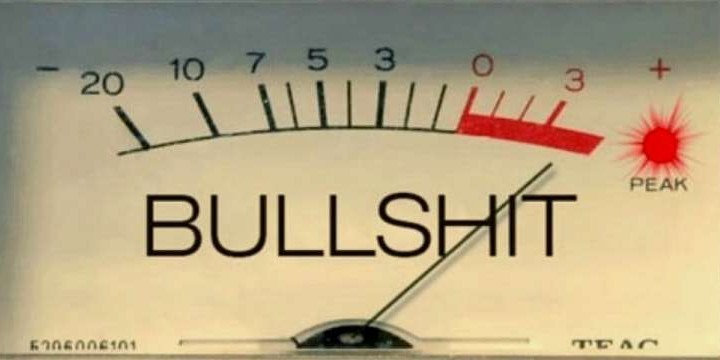Whether you are a manager, recruiter, or job seeker, you have probably noticed that hiring is a lot more competitive and more complex these days. Long gone are the 1-2-3 interview structures. Companies are more careful with vetting out people who could be toxic to the workplace. They are improving mentorship programs for internal growth. They are even hiring entry-level positions with growth plans in mind from day one.
Yet somehow, within all of these positive changes, general integrity is still an issue. And may even be worse today than ever.
GHOSTING
The term ghosting came into popularity in the dating world. You think things are going well and then suddenly, that person is simply gone. No hard conversation, no reason, no bye. Vanished like a ghost. In the dating world, this behavior is annoying, but in the professional world, it is shocking. Companies are starting to experience employee ghosting. People simply stop going to work. They don’t quit. They don’t call in sick. They don’t put an away message. They simply stop going.
Economists believe this is a product of the numerous opportunities available to workers in high demand jobs. They simply don’t want to bother with the tough conversations, exit interviews, formal resignation letters, etc…they just move on to the next thing.
Even candidates do this too. They are really interested in a job, then poof! Gone! Hiring managers go to schedule the next step with no response.
BUT IS THIS BEHAVIOR SIMPLY KARMA?
While employee ghosting is a rather new situation, corporate ghosting has been around for quite some time. Think about it…
- You apply for a position and hear nothing back.
- You’re a candidate for a position and the hiring manager never schedules the next step and never returns your calls.
- You are abruptly laid off and asked to clean out your personal items and leave. No notice. No reason.
When I’ve asked people about leaving a company without notice or reason, they reply “the company wouldn’t give that level of courtesy to me so why am I obligated to give it to them?” Frankly, it’s a valid point. In the 21st century, we have seen movement after movement to create disruptive technology, reinvent the wheel, rewrite the rules, and beyond. People are frustrated with concepts of standard protocol or simply following. Rather than valuing “meeting expectations,” people are more focused on whats right or fair for them.
BUT WHAT HAPPENS WHEN EVERYONE LACKS INTEGRITY?
I can’t say employees are 100% wrong dishing back the ethical practices of companies. I would simply argue that it makes everyone wrong. It is becoming abundantly clear that companies need to do better.
Executives need to understand that in the current job market, they do not have the upper hand they once held. In 2008, when the economy collapsed, anyone that kept their job, even if they hated it, felt grateful. If you lost your job at this time, you really would have taken any offer that came your way because the competition was fierce and opportunities were limited. Companies could low ball wages and still hire top talent. It is hard to believe this was only 10 years ago.
After being on the receiving end of 2008, it appears the people are leveraging their position of power in 2019.
HONESTY
Whenever I release a candidate from the hiring pool, I always send an email informing them 1. that we will not continue with their candidacy and 2. offer to schedule a time to discuss it further. So far, everyone has taken me up on my offer to discuss the reasons why they are not moving forward. Over and over, candidates thank me for taking the time to speak with them. I don’t sugar coat my feedback or make excuses. I tell them as clearly and accurately as I can the logical reasoning. To my surprise, they are grateful for the feedback. Over and over I hear them thanking me for being honest. Almost all of them state, “I wish more companies would do this.”
I don’t think the problem lies in receiving constructive feedback so much as giving it. While people seem to all agree that it’s helpful to understand the hiring perspective, I also hear from hiring managers that they don’t know to do it. They are afraid of being accused of discrimination or facing possible litigation. They also are worried about offending people or burning a professional bridge. They even fear being disliked. We all can relate to this, as most of us probably have similar avoidance tendencies with friends and family.
But I really have to argue that NOT being honest is far more destructive.
NEW STANDARDS
Building a culture of integrity isn’t really that hard. It starts in the hiring process, continues within your professional coaching (look it up!), is reinforced in your performance reviews…where it really shines is how you treat people when you let them go. If you give your people the same professional courtesies you want to receive, ghosting will stay on tinder.
You have to give a shit.

